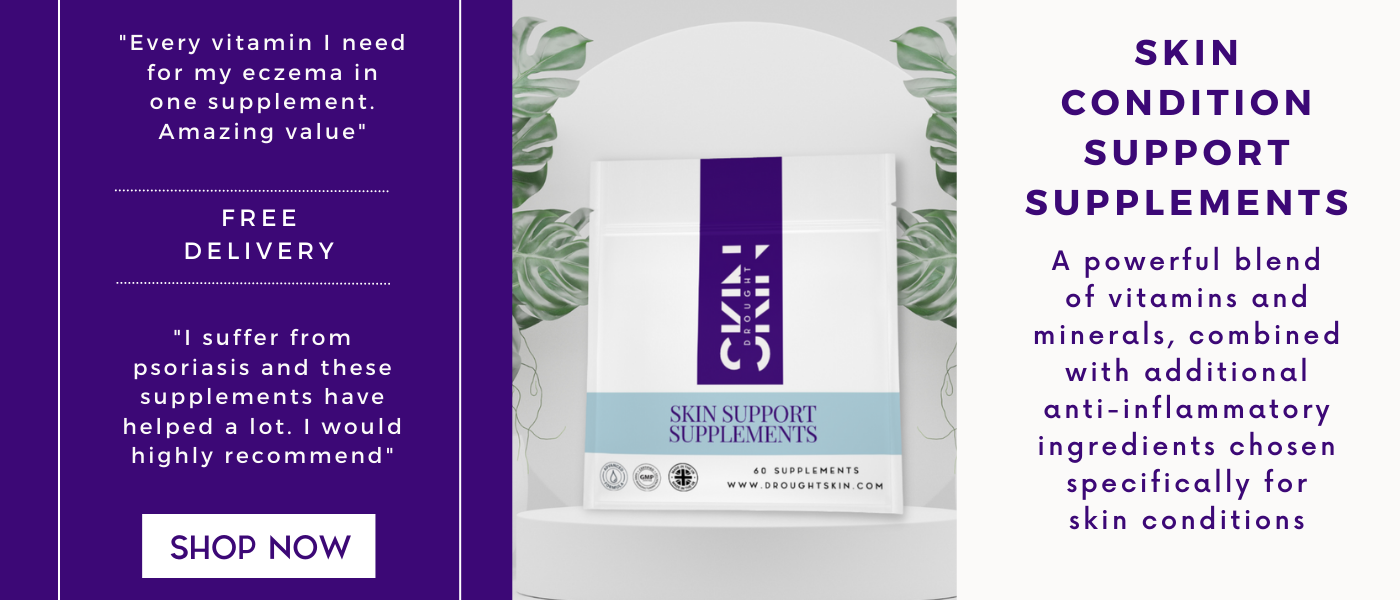Period Acne: Myths and Facts You Need to Know
Many women experience acne breakouts during their menstrual cycle, commonly known as period acne. Hormonal changes during this time can cause an increase in oil production, leading to clogged pores and breakouts. But don't worry, there are steps you can take to prevent and treat period acne. Read on for our expert tips.
What Causes Period Acne?
Period acne is caused by hormonal changes that occur during the menstrual cycle. Specifically, the increase in androgens (male hormones) can cause an increase in oil production, leading to clogged pores and breakouts. Additionally, the shedding of the uterine lining during menstruation can also contribute to inflammation and acne. During the menstrual cycle, there is a rise in estrogen and progesterone levels, which can cause the skin to produce more oil. This excess oil can clog pores and lead to the development of acne. Additionally, the menstrual cycle can cause inflammation in the body, which can also contribute to the development of acne.
It's important to note that not all women experience period acne, and the severity can vary from person to person. This type of acne typically appears on the chin, jawline, and cheeks.
How to Prevent Period Acne
While it may not be possible to completely prevent period acne, there are steps you can take to minimize breakouts. First, maintain a consistent skincare routine that includes gentle cleansing and moisturizing. Avoid using harsh scrubs or products that contain alcohol, as these can strip the skin of its natural oils and exacerbate acne. Additionally, consider using non-comedogenic makeup and hair products, as these are less likely to clog pores. Finally, talk to your healthcare provider about hormonal birth control options, as these can help regulate hormone levels and reduce the severity of period acne. Additionally, avoiding touching the face and using non-oily makeup products can also help prevent acne.
Best Skincare Routine for Period Acne
Maintaining a consistent skincare routine is crucial for managing period acne. Start by cleansing your face twice a day with a gentle, non-comedogenic cleanser. Follow up with a lightweight, oil-free moisturizer to keep your skin hydrated without clogging pores. If you have active breakouts, consider using a spot treatment containing benzoyl peroxide or salicylic acid. It’s also important to avoid touching your face throughout the day, as this can transfer bacteria and oil from your hands to your skin. Finally, be patient and consistent with your routine – it may take several weeks to see improvement, but sticking to a healthy skincare regimen can help prevent future breakouts.
Other Ways to Treat Period Acne
If you do develop period acne, there are several treatment options available. Over-the-counter acne medications containing salicylic acid or benzoyl peroxide can be effective in treating mild to moderate acne. For more severe acne, a dermatologist may prescribe topical or oral medications. It is important to consult with a healthcare professional before starting any new acne treatment.
There is some evidence to suggest that diet can play a role in the development of acne. Consuming a diet high in sugar and processed foods may contribute to the development of acne. Eating a diet rich in fruits, vegetables, and whole grains may help prevent acne. Additionally, staying hydrated and avoiding excessive alcohol consumption can also help prevent acne.
Common Myths about Period Acne
There are many myths surrounding period acne, such as the idea that it’s caused by poor hygiene or eating chocolate. In reality, period acne is caused by hormonal fluctuations that increase oil production and clog pores. While maintaining good hygiene and a healthy diet can certainly help improve overall skin health, they are not the sole factors in preventing or treating period acne. It’s important to understand the true causes of acne in order to effectively manage it.
When to see a Dermatologist for Period Acne
If you have tried various over-the-counter treatments and home remedies for period acne without success, it may be time to see a dermatologist. A dermatologist can prescribe stronger medications, such as topical retinoids or oral antibiotics, to help clear up stubborn acne. They can also provide personalized advice on skincare routines and lifestyle changes that may help improve your skin health. Don’t hesitate to seek professional help if you are struggling with period acne.



